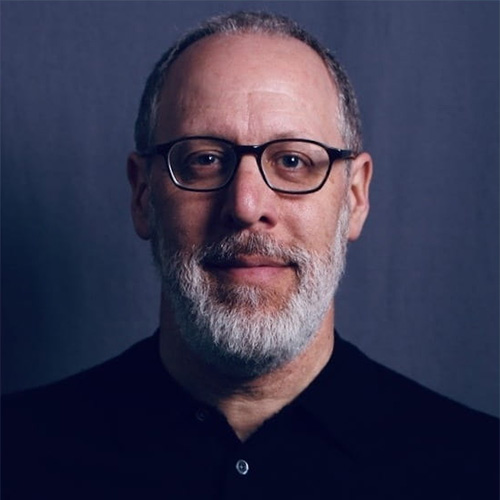
Stuart
Selber
I started my career as a technical writer and designer of online help systems. My earliest professional experiences involved documenting a toxicology database for the DuPont Company in Wilmington, DE and building document databases for economists at the US Department of Agriculture in Washington, DC. I moved to Boston in 1988 to begin graduate studies at Northeastern University in an English program with strong ties to a high-tech community. While attending Northeastern, I deepened my training by working on projects for Lotus Development Corporation, documenting banking software; Transition Systems, documenting hospital administration software; and Beyond Incorporated, documenting email software. My research at Northeastern focused on developing a rhetoric of hypertext for technical writing and advancing hypertext interface design.
I continued my graduate studies in the Department of Humanities at Michigan Technological University (Houghton), enrolling in an interdisciplinary PhD program in rhetoric and technical communication. My research evolved to encompass the social and pedagogical dimensions of academic computing. My dissertation, a multimodal study with both qualitative and interpretive dimensions, explored the ways in which an emergent discipline (technical writing) appropriated an emergent information technology (pre-Internet hypertext). Results of that study were published in IEEE Transactions on Professional Communication, Technical Communication Quarterly, and Technical Communication. I also consulted with Enstrom Helicopter to help prepare a proposal for the development of simulation interfaces for US Army pilots, with Micron Technology to re-envision the roles of their technical writers and editors, and with West One Bancorp to help their workers design online documentation.
I joined the Department of English at Penn State in 1998 as an assistant professor and member of the graduate faculty. I was tenured and promoted to associate professor in 2004. In 2021, I was promoted to full professor.
My work at Penn State has followed a research trajectory that develops heuristics for enacting literate activity in technological contexts. These heuristics organize genres of software documentation using time-space frames and other rhetorical dimensions; offer a holistic understanding of usability that scaffolds common approaches according to their social complexities; conceptualize what computer literate students should know and be able to do; conceptualize the ways institutions shape academic computing practices; map developments in the shape of electronic instruction sets; provide invention tools for thinking through the adoption of e- book platforms; and more. On the whole, my work recasts a variety of functional tasks in social terms, offering suggestive frameworks for human-computer interaction that facilitate both productive action and critical reflection. I have published this work in a variety of venues related to the information sciences, including The Journal of Computer Documentation; ACM Computing Surveys; The Computer Science and Engineering Handbook; Electronic Literacies in the Workplace: Technologies of Writing; and Nonacademic Writing: Social Theory and Technology.
My work has won publication awards for Best Collection of Essays in Technical or Scientific Communication (National Council of Teachers of English), Best Article in Computers and Composition, and Best Article on Methods of Teaching Technical or Scientific Communication (NCTE). The book that earned me tenure, Multiliteracies for a Digital Age, won two publication awards in 2005: Best Book in Technical or Scientific Communication (NCTE) and Distinguished Book Award for Best Book in Computers and Composition. I also co-edited Central Works in Technical Communication, which was named Best Collection of Essays in Technical or Scientific Communication (NCTE). In 2011, my article “A Rhetoric of Electronic Instruction Sets” won the Nell Ann Pickett Award for Best Article in Technical Communication Quarterly, and in 2014 my co-edited volume Solving Problems in Technical Communication was named Best Collection of Essays in Technical or Scientific Communication (CCCC). My latest book, Institutional Literacies: Engaging Academic IT Contexts for Writing and Communication, won the 2022 Distinguished Book Award from Computers and Composition.
I’ve held numerous professional leadership positions in associations related to the information sciences: President, Association of Teachers of Technical Writing; Program Committee, ACM Conference on Designing Interactive Systems; Program Committee, ACM Conference on Computer Documentation; President, Council for Programs in Technical and Scientific Communication; Chair, CCCC Committee on Technical Communication; Conference and Program Co-Chair, ACM Conference on Computer Documentation; Book Review Editor, Technical Communication Quarterly; and Associate Editor for Communication Technologies, IEEE Transactions on Professional Communication.
At Penn State, I direct the technical writing program, oversee graduate students working to earn a Teaching with Technology certificate, and direct the Penn State Digital English Studio (des.psu.edu). The Studio supports work on digital pedagogy, usability, and social media strategy. We help both researchers and teachers plan and implement digital projects.
Technical Communication, Computers and Composition, Human-Computer Interaction
